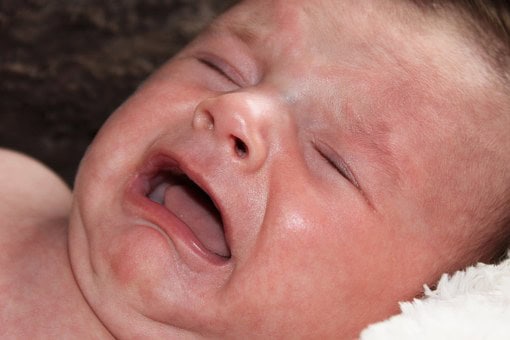When newborn babies are under stress, their brains show a heightened response to pain, but the baby is unlikely to show it by crying, a new study has found.
The findings showed that stress leads to an apparent disconnect between the baby’s brain activity and his/her behaviour.
Stressed babies might appear not to respond to pain, as their brain is still processing it. As a result, the caregivers are likely to underestimate the baby’s pain experience.
Thus, it is imperative to identify different ways to understand babies who are stressed, the researchers suggested.
“When newborn babies experience a painful procedure, there is a reasonably well coordinated increase in their brain activity and their behavioural responses, such as crying and grimacing,” said Laura Jones from the University College London.
“Babies who are stressed have a larger response in the brain following a painful procedure. But, for these babies, this greater brain activity is no longer matched by their behaviour,” Jones added.
For the study, reported in the journal Current Biology, the team enrolled healthy, newborn infant boys and girls from the postnatal ward and special care baby unit and measured the babies’ stress levels based on salivary levels of cortisol stress hormone and heartbeat patterns, both before and after a clinically necessary heel lance.
At the same time, they measured the babies’ pain response using EEG brain activity and facial expression.
The data showed that babies with higher levels of background stress showed a bigger brain reaction to the heel lance procedure. However, that heightened activity in the brain didn’t correspond to a change in the babies’ behaviour.
The study offer yet another reason to treat and care for babies in ways that minimise both pain and stress, Jones said.
IANS

